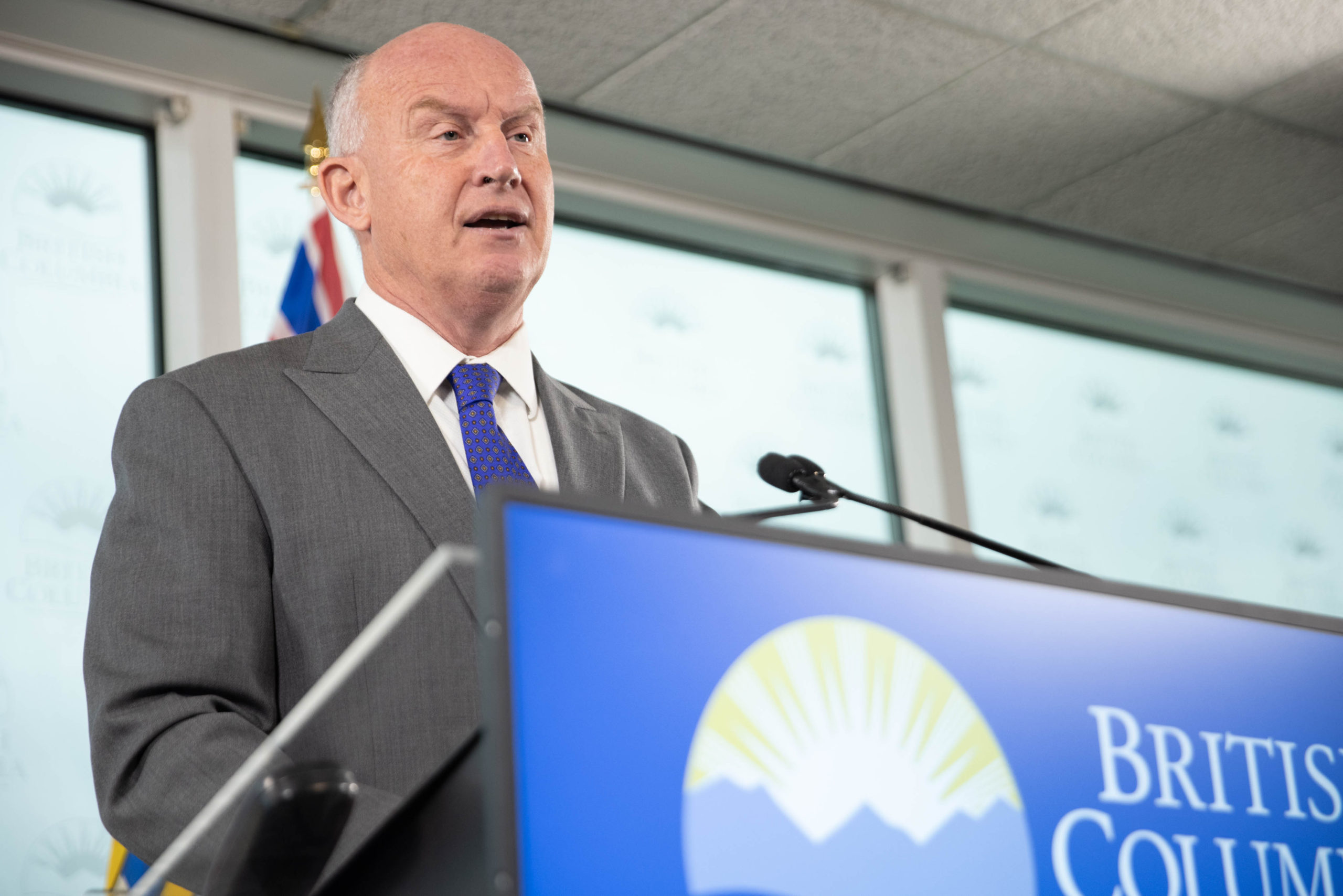The B.C. Government will allow site-specific road checks on corridors between regions to enforce the travel restrictions imposed on April 23rd.
Regulations imposed last Friday prohibit non-essential travel between three regional health zones in B.C. The zones are as follows:
- Interior Health and Nothern Health regions.
- Fraser Health and Vancouver Coastal Health regions.
- Island Health region.
BC Ferries have reported a 25% decrease in vehicle traffic and 30% for passenger traffic compared to the week before.
Resort communities and accommodation businesses have noted a significant decline in out-of-region bookings, while BC Parks has reported over 5,000 cancellations in recent weeks.
The Province said it will authorize site-specific and clearly marked police road checks to further curb non-essential travel.
The road checks may be used at any time until the order is lifted, which is expected to be May 25th, after the May long weekend.
Stops may be set up at on highway corridors that connect different regions to remind travelers of the order.
“These restrictions on non-essential travel are saving lives, it’s in the best interest of all British Columbians to follow them, and I know most are given the significant drop we’ve seen in out-of-region travel,” Farnworth said. “But it is also important that we get enforcement right, and consider concerns raised by the public and incorporate the feedback received from racialized communities. I want to be clear that the intent of this order is not punishment, but rather education around non-essential travel prevention to protect us all from the spread of COVID-19. My hope is that every British Columbian realizes the tremendous progress we can make if we stay close to home, and we can give the heroes in our health-care system a fighting chance at putting the current spike in cases behind us.”
At these road checks, police will only have the authority to request the following:
- a driver’s name, address and driver’s license.
- any available documentation regarding the driver’s name and address (for example, secondary identification that confirms a driver’s residential address if recently moved).
- the purpose of the driver’s travel (documentation regarding travel is not required).
Police will not be allowed to engage in arbitrary searches or street vehicle checks. If police have reasonable grounds to believe that a person has traveled for non-essential purposes, they can direct the driver to turn around or leave the region.
At the discretion of police, breaking the Emergency Program Act travel order may result in a $575 fine.
While the restrictions only apply to travel between health regions, the B.C. Government is asking residents to stay in their community.







